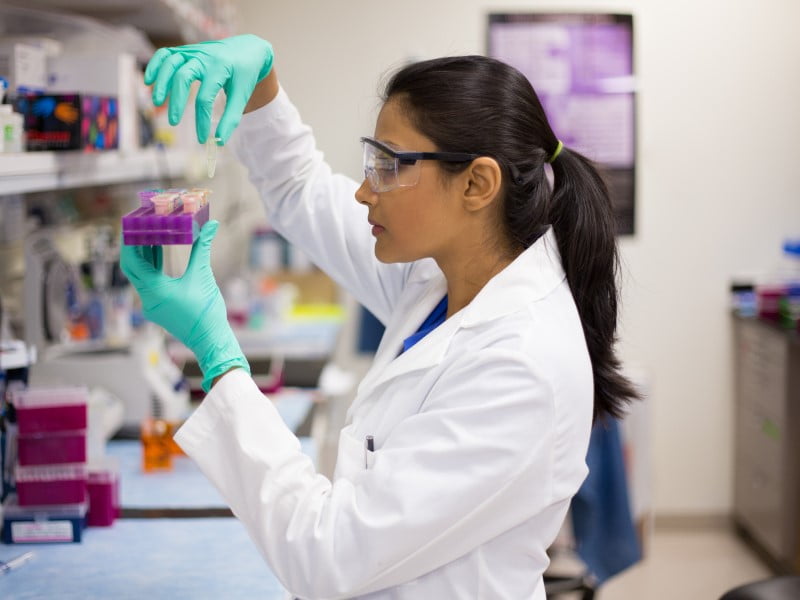More than $72 million in new medical research grants for projects ranging from chronic disease prevention and health equity to artificial intelligence in hospitals have been announced by the federal government.
24 research projects received the support on Saturday as part of the National Health and Medical Research Council’s (NHMRC) Centres of Research Excellence (CRE) grant scheme, which provides long-term support for collaborative teams tackling Australia’s urgent health priorities.
Each centre will receive up to $3 million over five years to build research capacity, foster partnerships with health services and policy agencies, and translate findings into improved outcomes for communities.

AI-driven decisions in clinical situations will be explored in a project led by University of Sydney Professor Melissa Baysari. The research will bring together experts in ergonomics, health informatics and artificial intelligence to design safer, more effective digital tools that enhance decision-making in hospitals and protect patient safety.
Another project will aim to reduce the burden of chronic illness. Led by University of Newcastle Professor Luke Wolfenden in collaboration with government and health agencies, it aims to improve the uptake of preventive interventions, with the project summary noting improved delivery could “prevent half of all cancer occurring today”.
At the University of Adelaide, Professor Fran Baum will lead a project focused on improving health equity by examining how privatisation, corporate investment and business practices affect health outcomes and disadvantage. With partners across Queensland, South Australia and the ACT, the team will develop solutions that minimise harmful market effects.
The grant round has also backed the University of Queensland’s ‘Deadly Venom’ project, led by Professor Irina Vetter. It aims to identify the medical opportunities and potential cures as well as risks in Australia’s venomous animals and plants.
“With a particular focus on the needs of Indigenous communities, our researchers will collaborate with knowledge holders and healthcare providers,” Professor Vetter said.
“By combining traditional ecological knowledge with cutting edge science, the program seeks to develop treatments for diseases that disproportionately affect communities, leveraging the unique properties of venoms for the development of novel therapeutics.”
Across the 24 Centres of Research Excellence, Victoria led with $27 million (38 per cent) of funding across nine projects, followed by New South Wales with $15 million (21 per cent) across five, and both Queensland and South Australia with $12 million each (17 per cent apiece). The ACT and Northern Territory each received $3 million, while Western Australia missed out in this round.
At the institutional level, the University of Melbourne, University of Queensland and University of Adelaide each secured three projects ($9 million each), while the University of Sydney, University of New South Wales, Monash University, and the Walter and Eliza Hall Institute were also among the top recipients.
“The Albanese Government is investing in Australia’s world-class researchers to solve some of the hardest problems in health,” Health and Aged Care Minister Mark Butler said.
Do you know more? Contact James Riley via Email.
